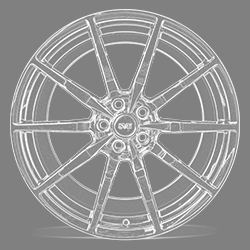You guys are making my head hurt so I had to look it up.
According to wiki, the physics definition of "work" is force x. displacement (distance). HP is a measurement of power, or the RATE at which work is done. And "acceleration" is the rate of change of velocity.
Focusing just at the crank of engine, and leaving out different transmissions and final drive ratios, etc., HP is a measure of how fast (i.e., the rate) at which a motor can do "work." So yes, HP is a function of torque, but it also is a function of time. You could have a very big slow revving motor making a ton of torque doing a lot of "work," but which takes a lot of time to do that work. That motor, in isolation and without compensating with different trans gearing, etc., would be very useful for moving a big heavy object but if you were in a hurry it would not have much HP and would not accelerate very well.
Remember that MT article comparing an e90 M3 and the S197 coyote mustang back in 2011? The cars weigh about the same, make about the same hp, but the Mustang makes about 100 plus more lb/ft of torque. 0-60 times are identical.
Comparison: 2011 Ford Mustang GT vs. 2011 BMW M3 Coupe (motortrend.com) If torque were king the Mustang should smoke the m3 in acceleration but it doesn't.
The usual performance metric for cars is pounds per HP, not pounds per lb/ft. of torque.
All that said I totally agree a broad and strong torque band is awesome for all the reasons stated.


